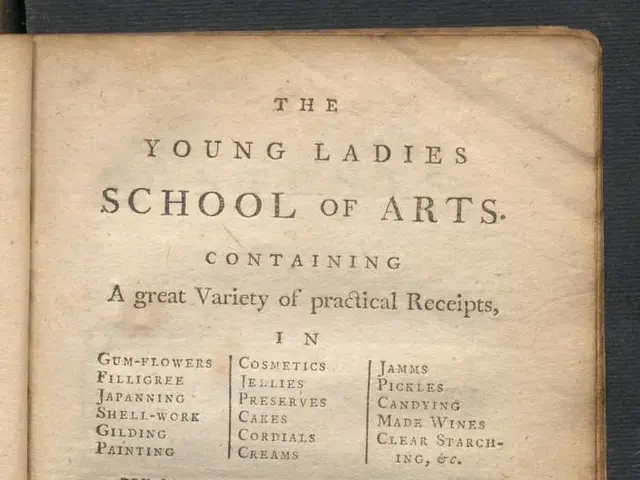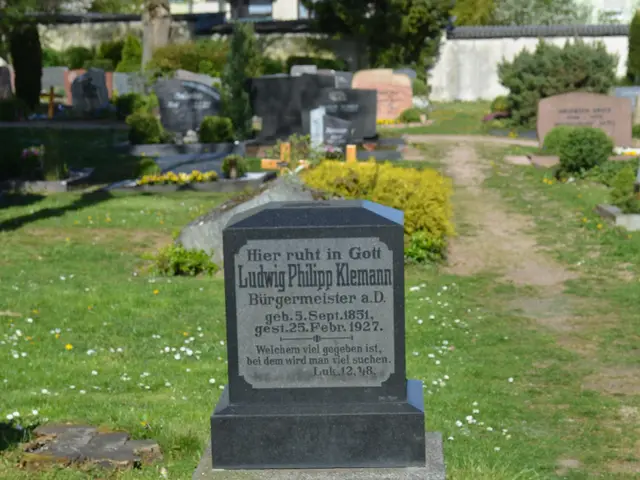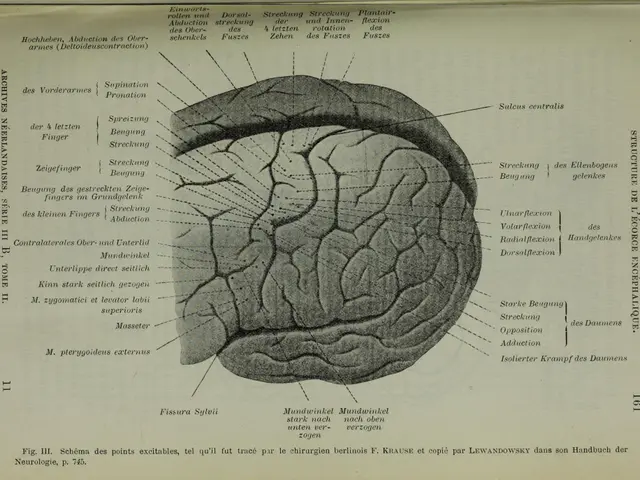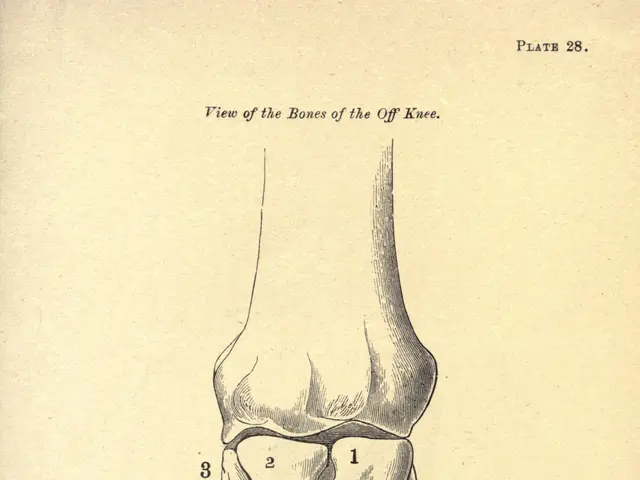Substantial Financing Secured by Excellent Cluster at University Mainz for Large-Scale Project - Million-dollar award granted to University of Mainz for cluster of excellence
Johannes Gutenberg University in Mainz Secures Millions in Funding for Research Project
Johannes Gutenberg University (JGU) in Mainz will receive up to €66 million in funding over the next seven years for a research project, the German Research Foundation (DFG) and the Science Council have announced. The project, titled PRISMA++, has been selected as an Excellence Cluster.
The funding for this project will focus on precision physics, fundamental interactions, and the structure of matter. The research aims to uncover a new type of physics that extends beyond the Standard Model of particle physics. This model fails to explain certain phenomena in the universe, such as the existence of dark matter.
Scientists from the Institute of Physics, the Institute of Nuclear Physics, and the Helmholtz Institute Mainz will spearhead the research. The project also includes the particle accelerator MESA, currently being built in Mainz.
Clemens Hoch, Rhineland-Palatinate's Minister of Science (SPD), congratulated all involved and encouraged continued support for Rhine-Main universities. "As before, the state will continue to support them in implementing their ideas to the fullest extent," said Hoch.
Sadly, a second application, CoM2Life, submitted jointly by JGU, Darmstadt University of Technology, and the Max Planck Institute for Polymer Research, was not selected for funding. The project aimed to develop soft biomaterials that could potentially replace animal testing or lead to the development of long-term artificial organs.
Located in the state of Rhineland-Palatinate, JGU is a research leader in the fields of physics, nuclear physics, and theoretical high energy physics. The university's new Excellence Cluster project, PRISMA++, emphasizes precision physics to detect subtle effects that could reveal new particles or forces not accounted for in the Standard Model. By improving the accuracy of experimental data and theoretical models, it seeks to identify discrepancies that hint at physics beyond the Standard Model.
PRISMA++ also involves detailed studies of atomic nuclei and fundamental particles. The project integrates strong theoretical components, including mathematical and theoretical high energy physics, to support the interpretation of experimental data within and beyond the Standard Model framework. The goal is to explore fundamental interactions and the structure of matter with unprecedented accuracy, thereby addressing key open questions that go beyond the Standard Model. This comprehensive effort aims to bridge precision experimentation and theory, enabling the discovery of new physics phenomena that the Standard Model alone cannot fully describe.
- The community policy at Johannes Gutenberg University (JGU) in Mainz, focusing on education-and-self-development and personal-growth, could potentially include vocational training programs in areas like health-and-wellness, fitness-and-exercise, or space-and-astronomy, as part of their broader commitment to learning and innovation.
- In light of the university's recent success in securing funding for the PRISMA++ project, a vocational training program in science, specificallyprecision physics and fundamental interactions, could be a valuable addition at JGU, significantly contributing to the development and advancement of this crucial field.
- The completion of the MESA particle accelerator in Mainz, as part of the PRISMA++ project, offers an ideal opportunity for incorporating vocational training in the production, maintenance, and operation of such cutting-edge equipment, fostering a skilled workforce in the field of scientific research.
- With the establishment of a robust science research community in Mainz through projects like PRISMA++, JGU has an opportunity to create a comprehensive education-and-self-development program that combines both theoretical and applied learning, offering vocational training in various aspects of science, from precision physics to health-and-wellness and space-and-astronomy.








